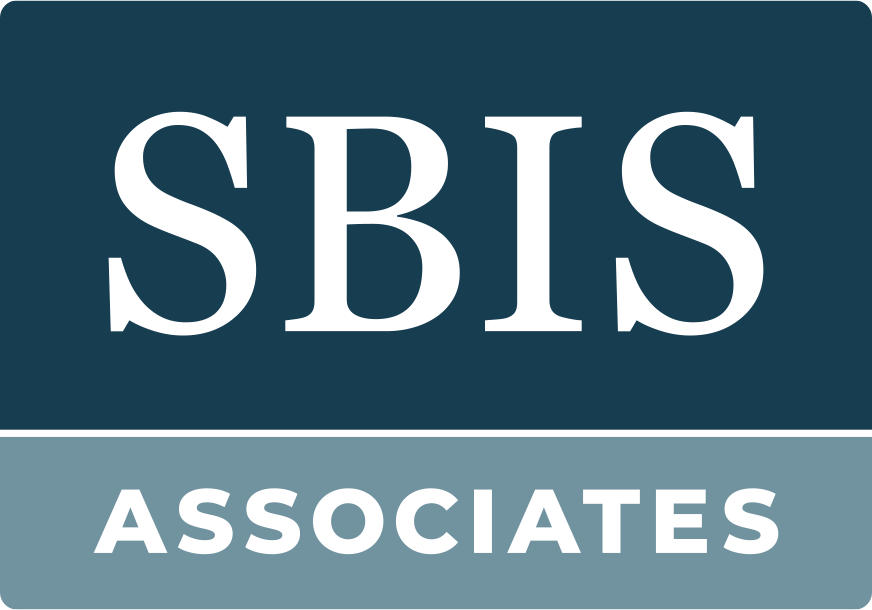How Pfizer won the Pandemic
Pfizer has reaped influence and outsized profits during the first two years of the pandemic. Their success in developing COVID medicines (both vaccines and treatment drugs) has given the drugmaker an unusual and unhealthy amount of weight and influence in developing and shaping U S health policy. Pfizer had a total revenue of 81.3 billion in 2021, nearly doubling their previous annual revenue in 2020. Pfizer’s MRNA COVID vaccine holds a 70% market share over U.S and European markets. Additionally, their anti-viral pill for COVID treatment, Paxlovid, is very popular with prescribing doctors for treating early COVID symptoms. Pfizer expects global revenue to top $50 Billion from the two medications alone.
Although the science isn’t clear on length of protection for vaccine boosters, the FDA now recommends two boosters for people 50 and older. The Biden administration recently agreed to purchase 105 million doses for the administration’s fall booster campaign at a price tag of $3.2 Billion dollars. Under the new contract, Pfizer has raised the price per dose from $19.50 (price for the first 100 million does government purchased) to $30.47 per dose.
Pfizer CEO, Albert Bourla, has consistently made public statements that many in the science community find to be leading US health policy. He announced fall booster would be necessary in 2021 months before public health officials followed suit. He has publicly pushed for the necessity of annual boosters for the adult population for months and now FDA officials publicly agree. Many in the science community view these pressure tactics as unethical, as the data doesn’t always match the agenda.
Pfizer is now calling on the FDA to enable them to forego human trials when making changes to their vaccine (much like the influenza vaccine is produced each year). The FDA has not yet responded to this request. CEO Bourla has already stated that prices for their COVID drug and vaccine will go up once the pandemic period is over “to reflect the cutting-edge technology”.
Vaccinologist’s view Pfizer’s newfound power and influence in shaping national health policy as troublesome, as public health policy was previously set my independent expert and not pharmaceutical conglomerates. Some in the science community are questioning the efficacy of continued added boosters. Data from Israel (they exclusively use the Pfizer vaccine) suggest the 3rd and 4th doses of the Pfizer vaccine increase anti-body levels then they quickly wane again. Added boosters saved some lives in the over 60 population, but the data is less clear about benefits for other age groups of adults. It seems that pharmaceutical companies are acting like public health agencies. It begs the question of who benefits from the public health agenda that is being pushed. Is it the public or Pfizer shareholders?
Source: khn.org
